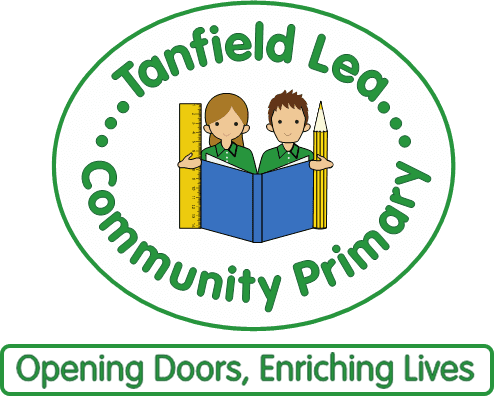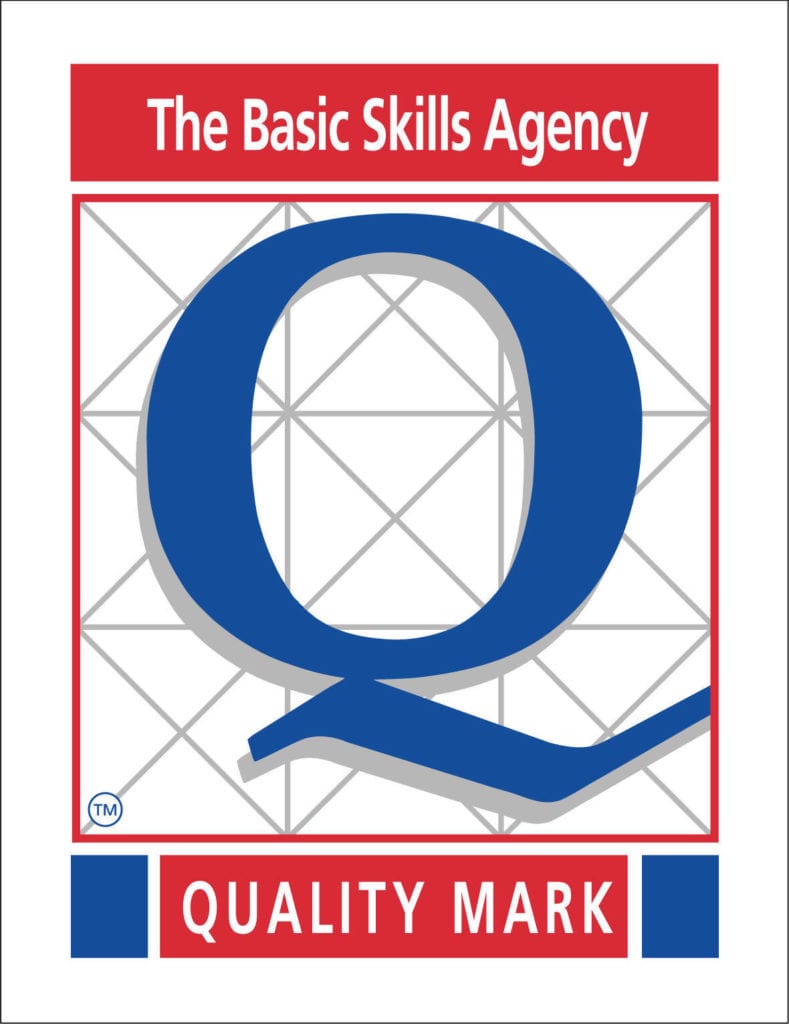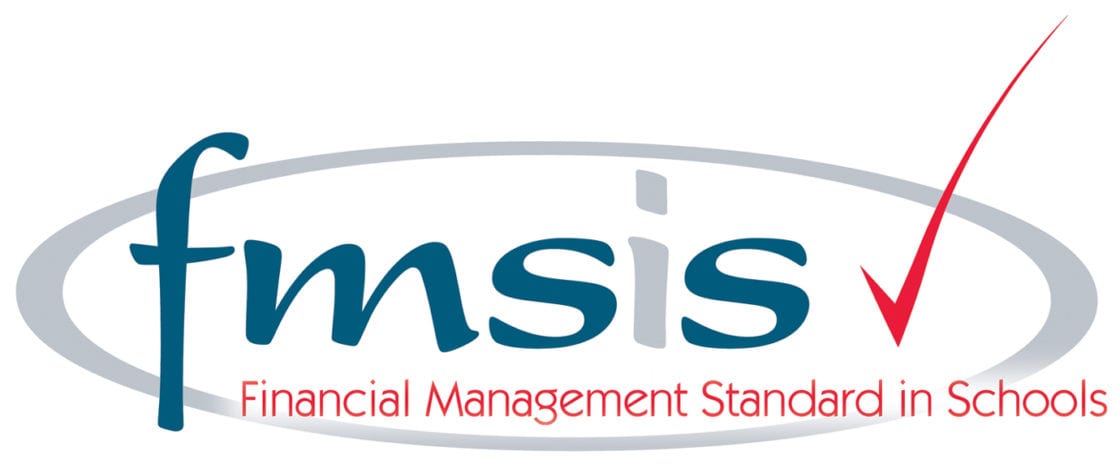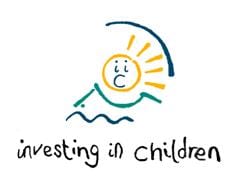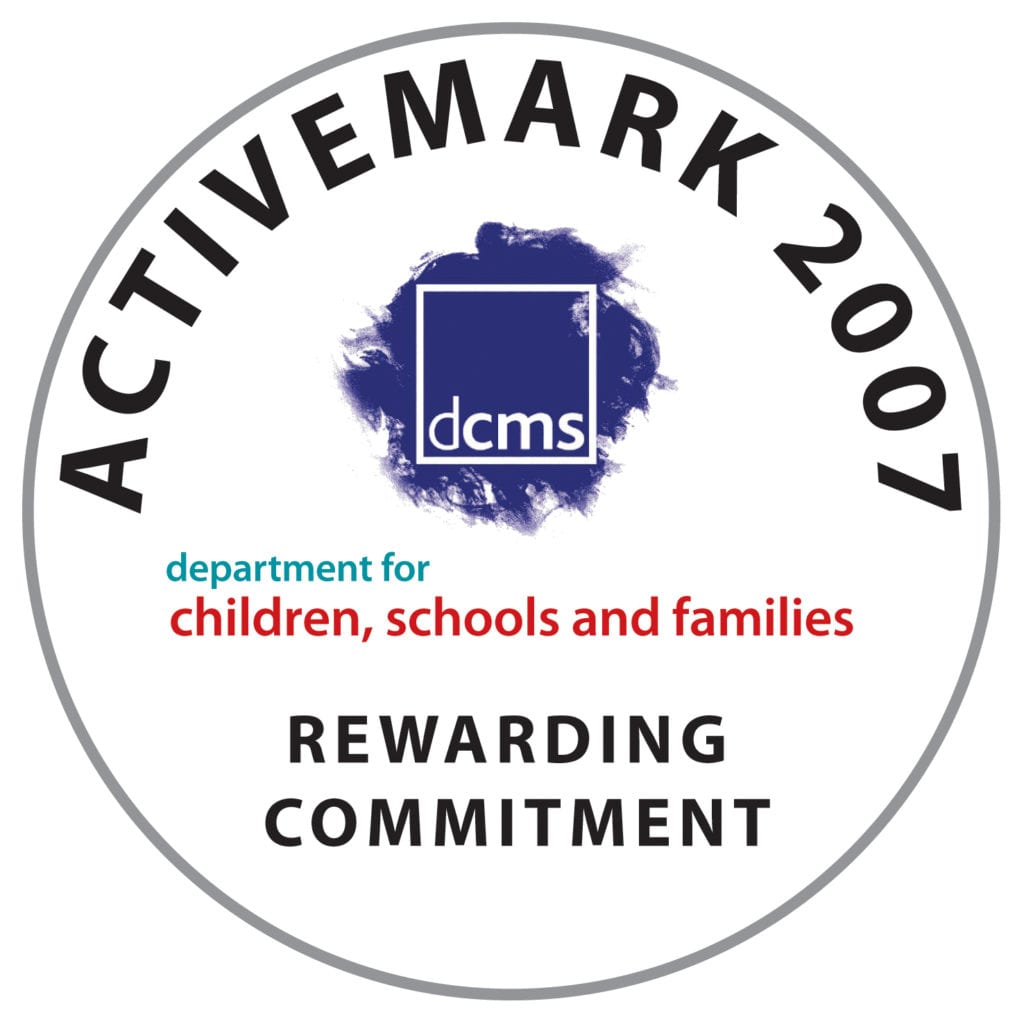Science is studied throughout the school, in units of either a term or a half term. We believe we are not just teaching science, but teaching the children how to be scientists, and equipping them with the skills needed to work scientifically.
We want children to enjoy being curious in their lessons. Whilst gaining a core knowledge of areas such as Light, Materials, and Living Things, children will be raising questions for investigation and testing their theories using five types of enquiry: observing changes over time, noticing patterns, grouping and classifying, fair and comparative testing, and conducting secondary research. The curriculum is further enriched by trips, including those to the Great Northern Museum and Kirkley Hall Zoo, whole school Scientific enquiries and an after-school Science club for Upper KS2 pupils.
Each year group study at least 3 different topics over the year in weekly Science lessons. Within each topic they will be taught the necessary skills for planning, doing and reviewing investigations.
The motto of Tanfield Lea Primary School is:
“Opening doors, enriching lives.”
Learning new science knowledge and skills is not restricted to the classroom. Through enrichment activities such as OPAL children are encouraged to problem solve, test theories and to use their senses to feel and experience materials. We open doors by educating our children to know how science can support career goals in STEM areas (e.g. astrophysicist, lab technician, zoologist, civil engineer). The skills of questioning, conducting enquiries and presenting information are highly relevant in other areas and are applicable to a wide variety of fields.
Scientific knowledge and skills are pre-assessed at the start of a unit in order that the lessons match the needs of each pupil. Teachers then evaluate if children are working at the required standard through ongoing formative assessment, which can take into account written work, oral discussion, and presentations using ICT. They check knowledge is embedded by recapping prior knowledge during starters, or using deeper questioning at the end of a lesson to confirm understanding. The subject co-ordinator monitors standards in science through work scrutiny and learning walks.
Subject Area Progression Map
Science Curriculum Progression Document
Adobe Reader
You may need a product like Adobe Reader (free download) to view our PDF documents on our website.
